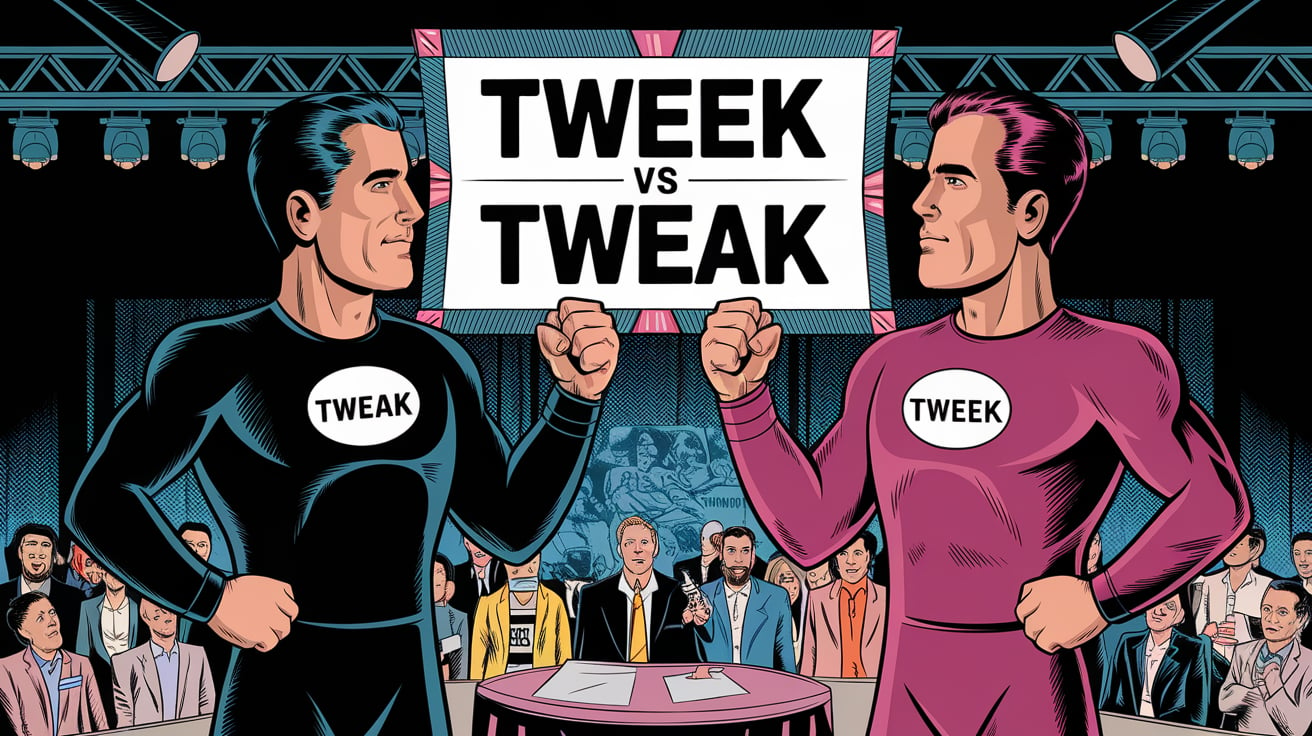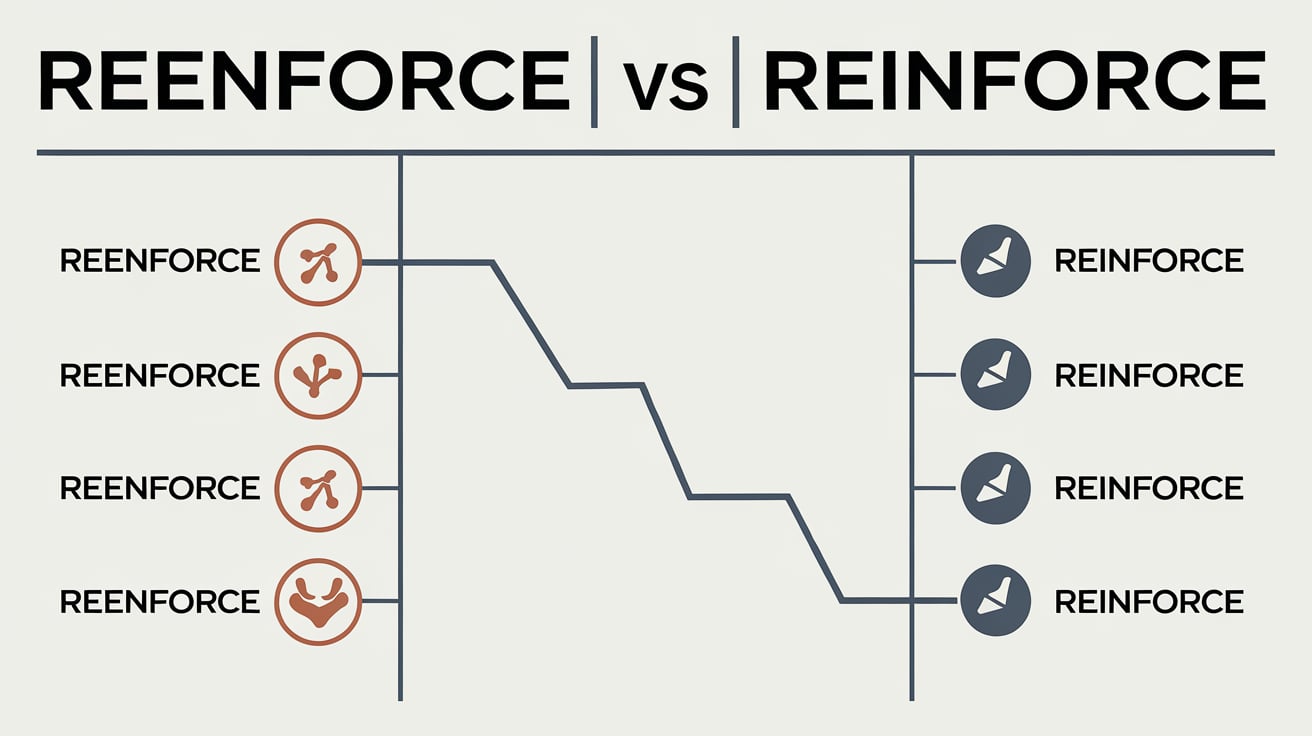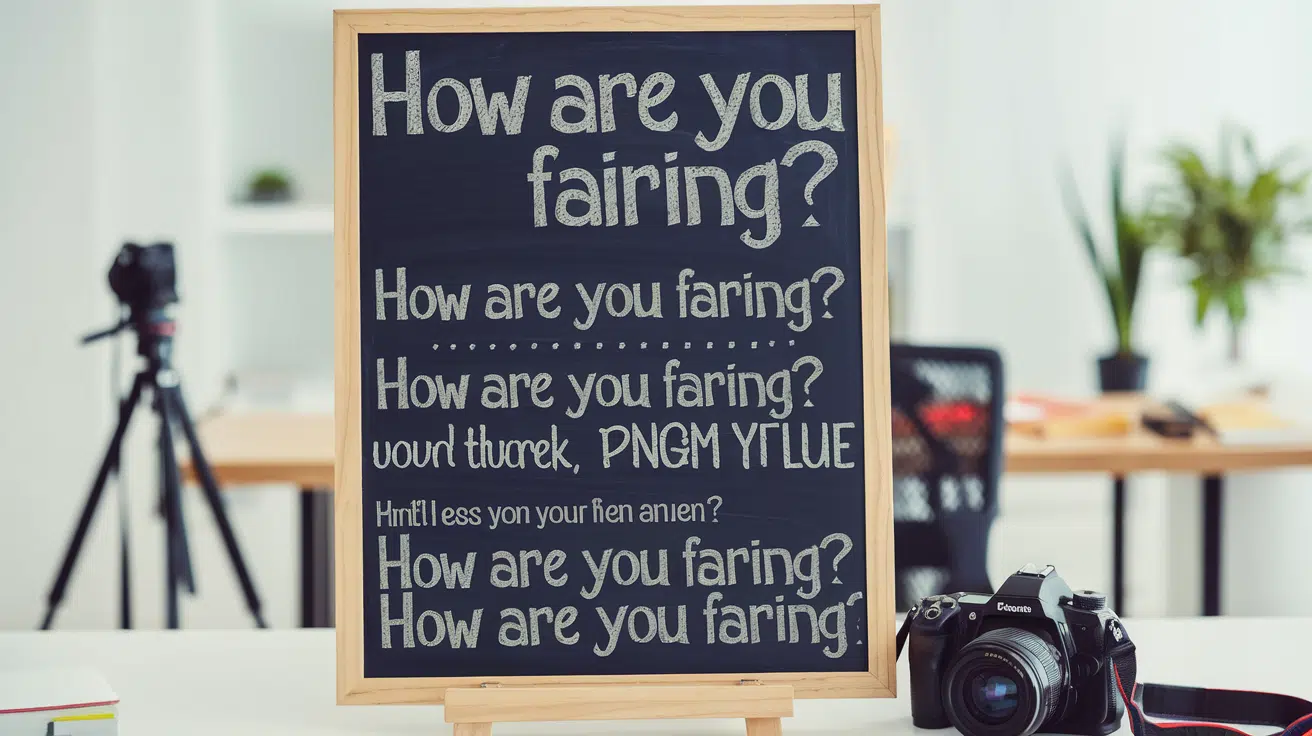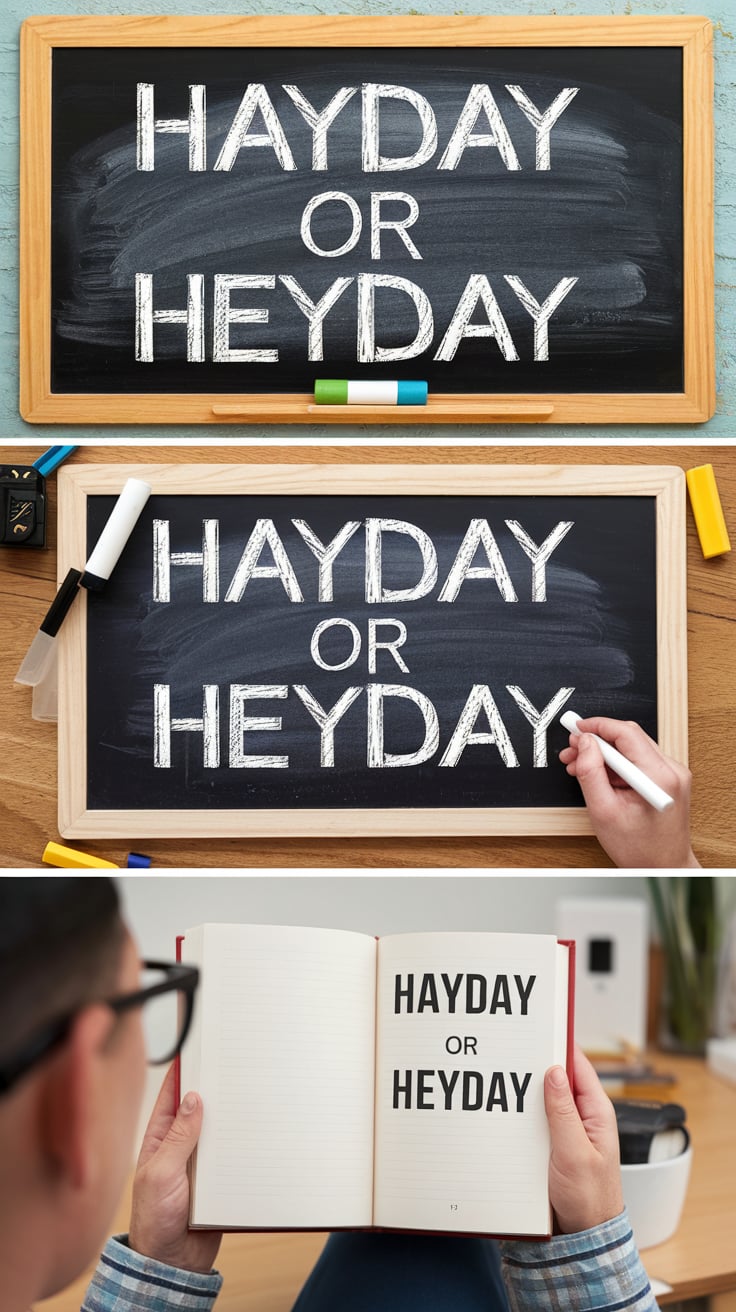Confused Words
“Explore our ‘Confused Words’ category to clear up common mix-ups in English. We provide simple explanations and examples for frequently misused terms, helping you master their correct usage and enhance your writing skills.”

Ninety or Ninty: Which Is the Correct Spelling?
Spelling can be tricky, especially when words seem to sound the same but are spelled differently. One common source of ...

Piece or Peice: The Simple Spelling Guide
Spelling in English can be tricky. Sometimes, words that sound almost the same can have very different meanings, and even ...

Tweek vs Tweak: Clarifying the Difference
In today’s digital world, clear communication is more important than ever. Whether you’re drafting an email to a colleague, writing ...

Themself or Themselves: Guide on Usage, Differences
The English language is dynamic, evolving with the cultural and social changes that shape our understanding of identity, inclusivity, and ...

Thank You Both Vs Thanks to Both of You: Difference
Expressions of gratitude are vital in building and maintaining relationships, whether personal or professional. Two phrases that often arise in ...

Openned Or Opened: Spelling + Examples
Navigating the English language can be a challenging endeavor, especially when it comes to spelling. One common source of confusion ...

Reenforce vs Reinforce: Understanding the Differences and Usage
When it comes to the words reenforce vs reinforce, many people find themselves confused about which term to use. This confusion often stems ...

Emersion Vs Immersion: Meaning, Differences, and Examples
When exploring the terms emersion vs immersion, it’s essential to understand how these concepts influence our experiences and perceptions. Although they sound ...

How Are You Fairing or Faring? the Differences + Examples
In the world of English language nuances, few phrases spark confusion quite like “How are you faring?” versus “How are you fairing?” Despite their ...

Hayday or Heyday: What’s the Right Word to Use?
Introduction Navigating the intricacies of the English language can sometimes feel like walking through a maze, especially when similar-sounding words ...






